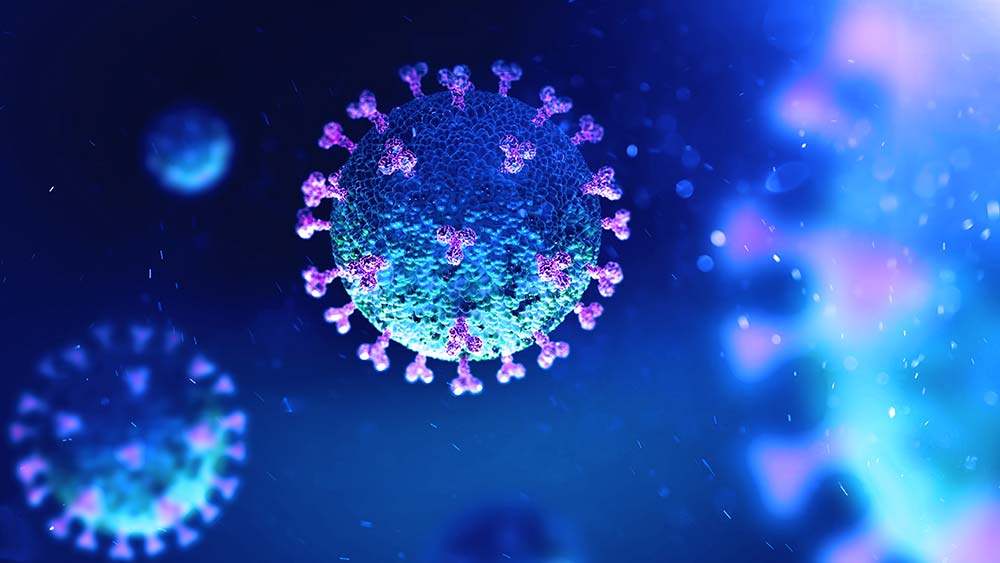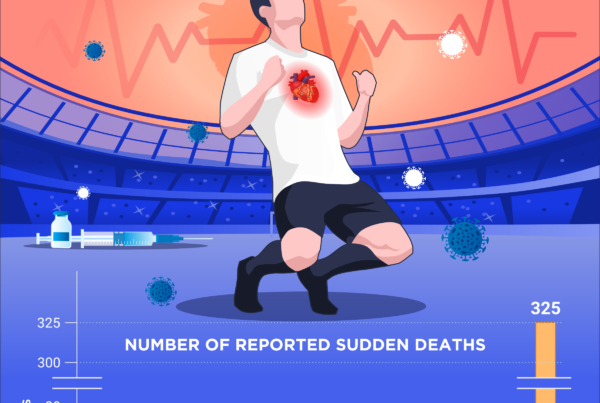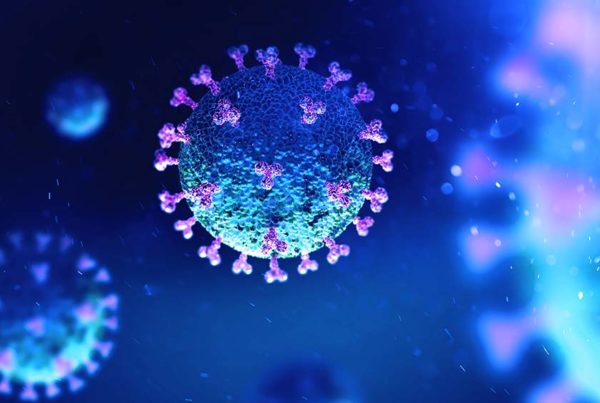
A new generation of coronaviruses are already here, scientists say. Is your immune system ready?
Will this coronavirus nightmare ever end? The answer is “yes,” but the next pandemic is just around the corner.
Infectious diseases have always played significant roles in human history. When this one is over, there will always be another one looming. Fortunately we were born with the ability to fight off infections — it’s what healthy immune systems do. However, if we interfere with natural health we may pay the price.
The Impending Pandemic
There are thousands of various known coronaviruses. The next coronavirus pandemic is not just pending — its seeds are already out there in millions of people. And, unlike 2019, the world can’t just be reactive, waiting for the pandemic to hit before taking cover. We must accept and address the causes behind the worst cases rather than focusing on reacting to the symptoms. We must be proactive — those who do so will be better spared, just like this time around.
Examples of reactive and proactive remedies include:
Reactive: Lockdowns, masking, social distancing, disinfecting, vaccines.
Proactive: Maintain health, normal body fat, avoid junk food, remain fit.
The proactive process is associated with true prevention, which means avoiding infection and disease. This versus merely screening or testing for disease, e.g., in other words waiting, then reacting, to its appearance. We don’t have to sit idly by, waiting to get sick.
Vaccines may not be affective against the newer coronaviruses, just like the seasonal flu shots are only good for one, or a few at best, of the hundred-plus flu-viruses that could infect us each year.
Some people are ready for the potential of another devastating viral pandemic. Overall, those who are more healthy and fit prove to be more resilient to disease. We see this reflected in the data, not only from COVID-19, but from the two previous pandemics in 2009 and 2003.
In nature, viruses, like other microbes, can transmit from one animal to another, sometimes infecting humans too. Scientists call it spillover. Many animals carry coronavirus, so there is no scapegoat — including dogs, cats, bats, birds, chickens, pigs and rodents. The common cold, another well-known type of coronavirus, developed from people living in close contact with animals.
One feature all animals have, including humans, is an immune system capable of preventing infection even in the presence of a virus. A healthy mind and body builds and maintains a great immune system. But many types of stress can impair it, from physical and biochemical issues, to mental-emotional strains. Below are some examples.
Physical: Poor physical activity, prolonged sitting, injuries, excess body fat.
Biochemical: Low vitamin D and other nutrients, junk food, toxic chemicals in food/environment.
Mental-emotional: Uneducated about health, media and political hype, social stress (fear, panic).
These factors are not only simple to recognize, but serious, widespread mostly preventable problems that affect global health. The overfat pandemic, one of the most serious risk factors for infectious pandemics, has been raging for many years, making the world’s population ripe for a pandemic such as COVID-19. Now, the worsening stress of misinformation, shutdowns, economic downturns political unrest, and other factors have contributed to further increases in body fat and poor health, impairing immunity even more.
Masks, social distancing, sanitizing, and other mandates may lower the risk, but they don’t necessarily prevent viral infections — and obviously don’t improve immunity.
Vaccines against a single COVID-19 or even related mutations may appear to be the silver bullet, but, not unlike many seasonal influenza infections, there are many other viruses lurking in nature capable of causing annual infections of millions of people. While high hopes focus on COVID-19 vaccines to stop the pandemic, public health experts say that more approaches are still crucial for stopping the virus.
The most important remedy and preventive actions would include addressing the cause of the problem not treating the signs or symptoms.
While millions of COVID-19 patients are sadly no longer with us, these deaths will not be in vain if we learn from them and implement key global public health measures. Helping prevent other illness and death, including the next infectious pandemic, while reducing the mostly-preventable co-morbidities, can help save significant lives, increased quality of life, and save untold healthcare dollars.
We appear to have more than adequate scientific and clinical information, a consensus, to employ very low cost conservative healthcare approaches that not only can significantly reduce the risks of COVID-19 and other infections, but help prevent future pandemics. Unfortunately, these well-known healthy lifestyle factors have not been implemented or even recommended by governments or world health organizations.
These measures, however, can be embraced by each one of us individually, by improving improving health and fitness through better eating habits and reducing stress loads.
Previous COVID-19 articles:
Using nature to battle viral and other infections
Six more ways to protect yourself against infection
Underestimated global overfat pandemic may help fuel Coronavirus
SPECIAL REPORT: COVID Recovery
COVID-19: Science or science fiction?
References
Maffetone P, Laursen P. The Perfect Storm: Coronavirus (Covid-19) Pandemic Meets Overfat Pandemic. Front Public Health. 2020; 23;8. doi: 10.3389/fpubh.2020.00135.
Siuka D. Vitamin D Supplementation During the COVID-19 Pandemic. Mayo Clin Proc. 2020; 95(8). doi: 10.1016/j.mayocp.2020.05.036
Wang N, et al. Serological Evidence of Bat SARS-Related Coronavirus Infection in Humans, China. Virol Sin. 2018; 33(1). doi: 10.1007/s12250-018-0012-7.
Zhou H, et al. Identification of novel bat coronaviruses sheds light on the evolutionary origins of SARS-CoV-2 and related viruses. https://www.biorxiv.org/content/10.1101/2021.03.08.434390v1








